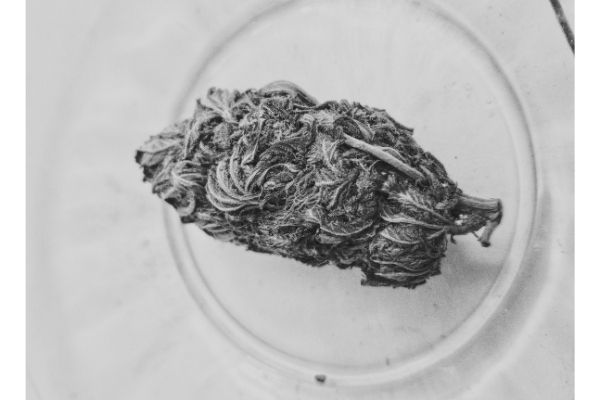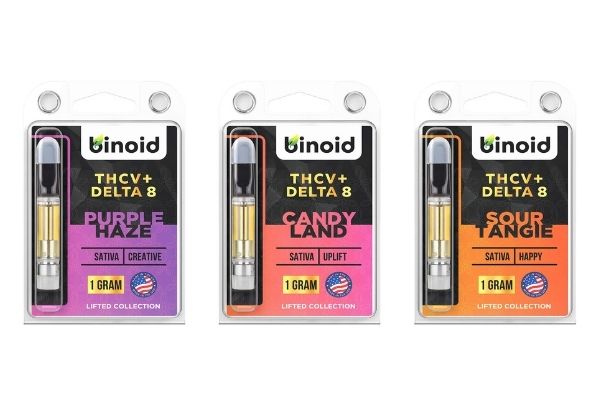【THCV】It doesn’t contain THC? So what’s in there?
Many people like to challenge themselves every time they see new compounds.
In order to find out your best cannabis for you, you should try a few different things sometime.
Hopefully this article will help those people.
What you can find in this article are listed below;
- What is THCV?
- How does it work?
- Market expectation
If you find this article helpful, please try our other articles too.
【Kula Hawaii】THCV Tincture Oil 500mg $89.00 – Get it NOW !
What is THCV?

Tetrahydrocannabivarin or THCV is a cannabinoid that delivers unique effects and a boatload of medicinal benefits.
Cannabinoids are chemicals found in the cannabis plant. THCV has a similar molecular structure as THC, the cannabinoid in marijuana that gets you high.
Like THC, THCV also possesses psychoactive properties.
While THC is found in abundance in cannabis, THCV is only found in small amounts of certain strains. Anecdotal evidence suggests that THCV may induce appetite-suppression-like effects, making it ideal for people looking to lose weight.
THCV structure and psychoactivity

THCV is a cannabinoid with an extra carboxyl ring. This means that it has the same general formula as THC but with one more oxygen atom.
Like THC, THCV acts on different receptors in your brain than cannabidiol (CBD). THCV still acts on some of the CB1 receptors, which are linked to feelings of highness.
However, it also acts on other receptors in the brain that are associated with appetite suppression and other effects.
THCV is psychoactive but less so than THC because of its different mechanism of action. When taken in larger doses, THCV may produce a high.
How does it work on the body?

THCV gives the user similar effects to cannabinoids, but its effects are more potent and last for shorter periods. It can affect the following, according to some studies:
THCV can reduce the effects of CB1 receptor agonists (substances that activate receptors through their chemical structure, which THCV does)
In mice, THCV stimulates the growth of new neural cells in the hippocampus. The hippocampus is a region of your brain that determines essential cognitive functions such as memory and spatial navigation.
It can reduce appetite. In animal models where appetite reduction was tested, THCV reduced food intake almost immediately after administration and then increased it later on. Research shows that THCV is highly potent at reducing food intake.
Blood sugar levels are reduced in mice with the administration of THCV, suggesting that it could have a therapeutic role for people with diabetes.
The combination of CBD and THCV had an antagonistic effect on CB1 receptors when given to obese mice.
Possible demerit and market expectation

According to a study conducted in 2011, THCV reduces anxiety-related behavior in mice. However, it may also cause anxiety in humans at high doses.
The difference suggests that cannabinoids can have different results in different species, which calls for more research.
There is no report of anyone overdosing on THCV alone, but it does potentiate the effects of stimulants and may produce undesirable effects on behavior, such as anxiety.
As a new research chemical, there is no regulation of the distribution or consumption of THCV at this time. It’s unknown if it has any accepted medical use as a treatment option.
Side effects from overdoses have not been reported in humans, but some side effects in animal studies include increased locomotor activity and restlessness.
Conclusion
THCV in the future: Even though THCV has not been reported in any case of overdose, its safety in humans is still in question because it could cause anxiety.
Researchers continue to investigate the medicinal uses of THCV, especially for its effects on appetite reduction, blood sugar regulation, and stimulating neurogenesis (the growth of new neurons).
That’s it for this time. Thank you so much for reading.
If you found this article helpful, please consider sharing it with a friend.
【THCV】Prefered Vape ?! Click right here.


